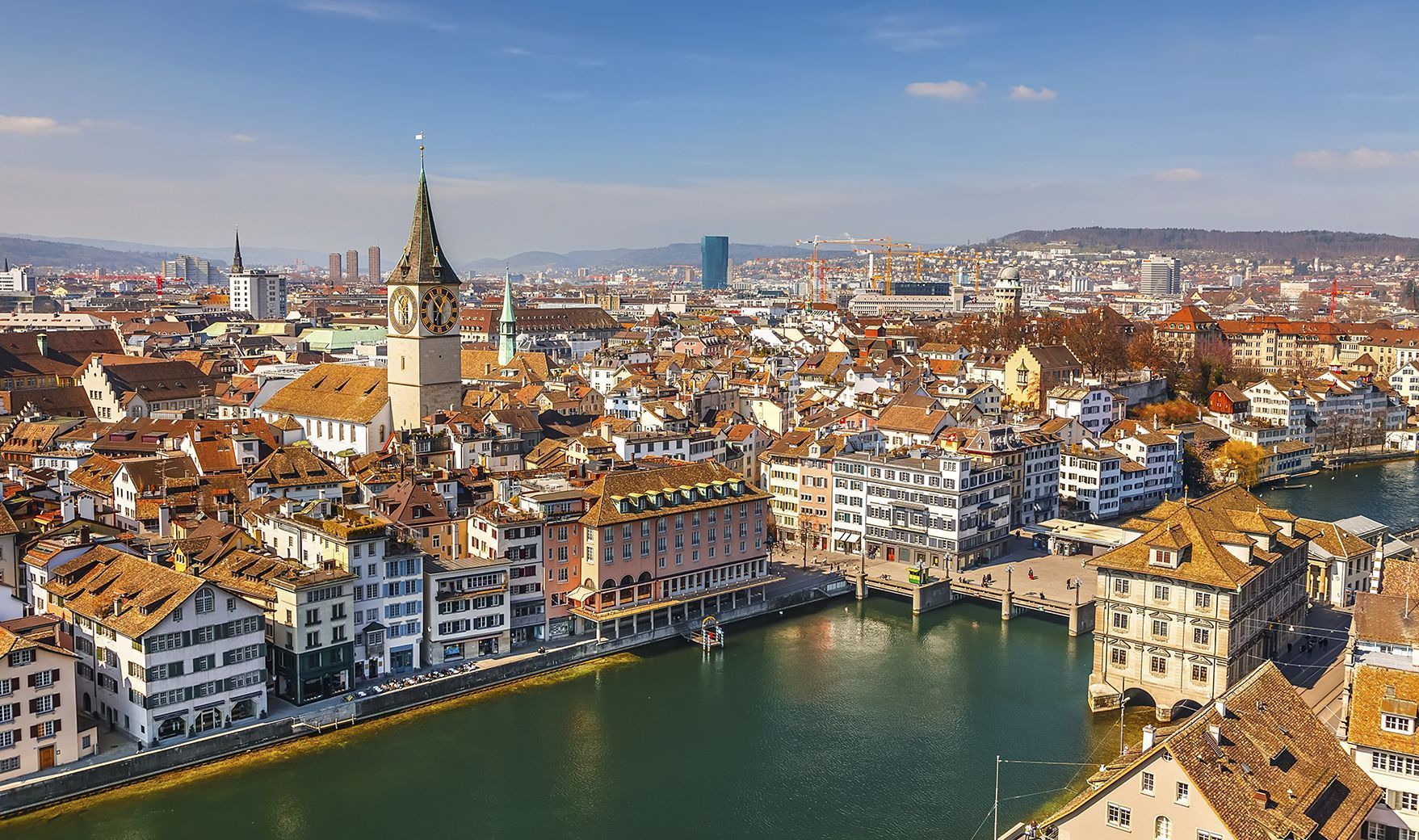Immigration Statistics: Updated Information About Available Quotas in Switzerland
November 22, 2019
By: Magali Ntongo
Understanding the Swiss quota system is critical for companies when it comes to shaping their recruitment plans efficiently. Work permits in Switzerland are distributed among different groups of nationalities that wish to work and reside in Switzerland. In this blog, I will provide the latest updates on the Swiss quota system, explore its challenges and its evolution, as well as discuss certain topics related to immigration. Read our previous blog on this topic here.
The quota system requires that whoever wants to live and work in Switzerland for more than four months must apply for permits, which are subject to a quota. Exceptions to this rule are for citizens of the EU27 (the European Union in the period between 2007 and 2013, before Croatia joined) and EEA (European Economic Area) countries who are engaged under local work contracts. There are two types of permits subject to a quota: L Short-term Permits and B Residence Permits. These are further divided between citizens of the EU27/EEA countries, Croatian nationals, and nationals of third countries.
Quotas for third-country nationals
On January 1, 2019, the Federal Council published the new quotas for the current year. For third-country nationals, the number of B residence permits made available was increased by 1,000 in comparison to 2018. However, on the other hand, the number of short-term permits was reduced by 500. In other words, the total number of B Permits available this year for third-country nationals is 4,500, while the number of short-term L permits is 4,000. These will be distributed between the federal level and the individual cantons.
According to statistics published by the State Secretariat for Migration (SEM), by the end of September 2019, 646 B-quota permits were still available out of the 4,500. The number of L-quota permits available was 2,253 out of the 4,000. These figures take into account the reserve left from the previous year also.
Updated information about quota permits for European nationals
You may know that EU27/EEA nationals can benefit from the agreement on the free movement of persons signed between Switzerland and the European Union. This means that those nationals do not need work authorization to work on a local work contract. However, EU27/EEA nationals coming for an international assignment in Switzerland are still subject to quotas and must apply for a permit.
For EU27/EEA nationals on assignment, the Federal Council— as in the previous year— authorised 500 B Residence Permits and 3,000 L Short-term Permits. These quotas are released quarterly and are available as a pool between all the cantons of Switzerland.
At the end of September 2019, 220 of the 500 B-quota permits were still available to nationals from the EU27/EEA member states for the remainder of the year. Taking into consideration the permits left from the previous year, there are a total of 237 B-quota permits available for the rest of 2019.
At the end of September 2019, there were 1,320 L-quota permits remaining from the 2019 quota, making a total of 1,475 when counting reserves remaining from the previous year.
Quota restrictions: Updated information about Romanian, Bulgarian and Croatian nationals
From June 1, 2019, Romanian and Bulgarian nationals now benefit from full freedom of movement of persons and are subject to the same criteria as the EU27/EEA citizens in terms of local employment and relocation to Switzerland. As a reminder, the two countries joined the European Union in 2009. The Federal Council made use of the so-called “safeguard clause,” which permitted the introduction of quotas for permanent Romanian and Bulgarian immigrants for a maximum of 10 years, before they were abolished in May 2019.
Among the EU member states, Croatia is still subject to the “safeguard clause,” with a limited number of permits issued for Croatians. For the year 2019, 103 B-Permits are available for Croatian nationals (approximately 25 permits issued quarterly). L-Permits are limited to 953 for the year 2019 and are also granted quarterly. By the end of September 2019, the B-Permits had been used up for the quarter. The remaining 28 B-Permits are being granted to Croatians as of October, 22. L-Permits were still available at the end of September 2019, and a total of 239 L-Permits will still be available in the last quarter of the year.
For further information, please contact me at [email protected] or our team in Switzerland.
Learn more about the Swiss immigration statistics and what it is like to work as a foreign national in Switzerland.














